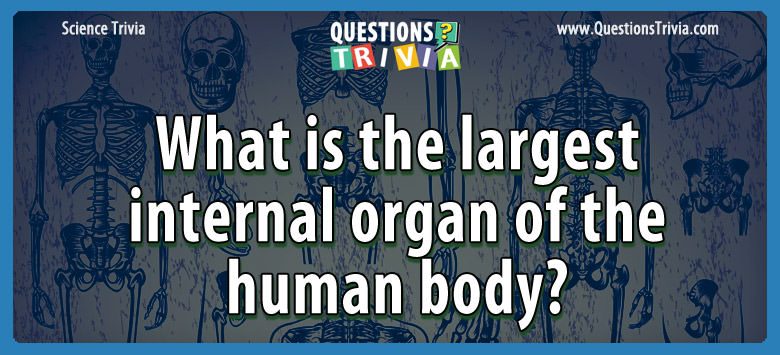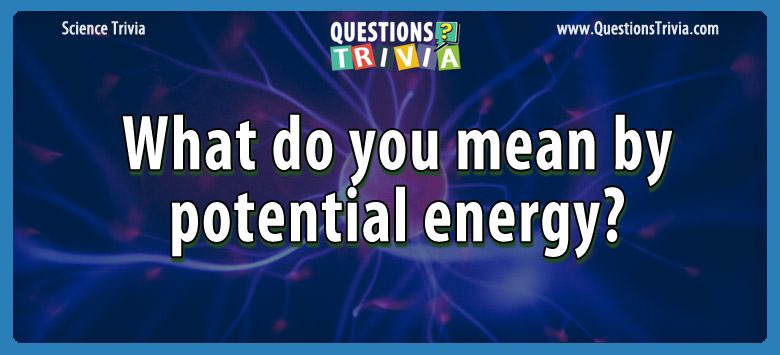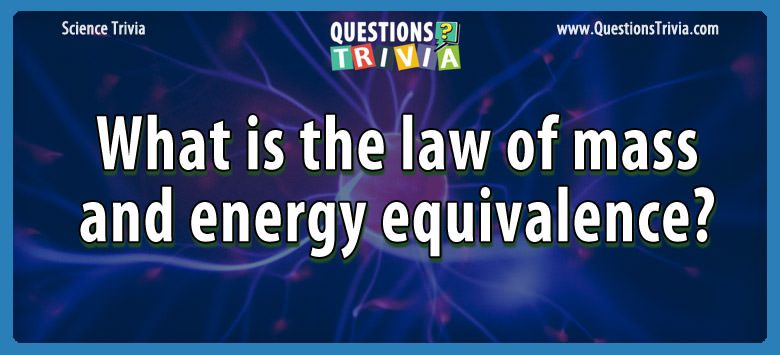
View Answer
Neptune.
Since the farther the planets of our solar system are from the sun, they usually become colder. So, the coldest planet in our solar system will be Neptune, the eighth and last planet in the solar system. If Pluto was still a planet, it would be colder, but now it’s Neptune.

View Answer
Liver.
The largest internal organ is the liver. Liver is also the heaviest organ, with an average of 1.6 kg.

View Answer
Radiation.
Radiation is the fastest way to transmit heat because it can also travel in a vacuum and comes in the form of electromagnetic waves (photons) that can move like the speed of light.

View Answer
Robert Hooke.
For the first time, the cell was discovered and named by Robert Hooke in 1665. He noticed that it looked surprisingly like a cell or small rooms in which the monks lived, hence its name.

View Answer
Ernst Ruska and Max Knoll.
They are a physicist and an electrical engineer respectively from the University of Berlin. They created the first electron microscope in 1931.

View Answer
Albert Einstein.
Albert Einstein was a 20th-century scientist who presented some of the most important ideas of modern physics, such as the theory of relativity and the known equation E = mc2.

View Answer
Sodium carbonate.
Sodium carbonate, Na 2CO 3, also called soda for rinsing. It can soften water of temporary hardness and can soften water of constant hardness.

View Answer
Stored energy.
Potential energy is the energy that exists because of the relative positions (configurations) of objects in the physical system.

View Answer
Measure the amount of heat.
The calorimeter is an instrument used for calorimetry or a process for measuring the heat of chemical reactions or physical changes, as well as thermal power.

View Answer
Einstein's Law.
The law of the equivalence of mass and energy, expressed by E = mc2 or energy, is equal to the mass multiplied by the velocity of the square of light. They found that all the stars obeyed Einstein’s law concerning dark matter.
About Trivia Quizzes and Games
Experts say that when it comes to brainpower, you either use it or lose it. Playing trivia games regularly is one sure way to keep your mind active because it involves comprehension, cognition and memory skills. Questions are drawn from some of the most memorable events in history, science or popular culture. These quizzes are designed to be played in different formats: as an individual challenge, with a partner or as team play on game night. We construct our quizzes to present escalating challenges. Trivia games deal with facts. Every question included in our games has been checked for accuracy and relevance. You are free to quote them at your next gathering to show off some interesting facts you’ve picked up from playing trivia games. Doing trivia quizzes has also been shown to improve collaboration and communication skills, generate a healthy debate, relieve stress and promote harmony among many advantages. The more you play, the more you know, and you can focus on the topics that are of great interest to you.










